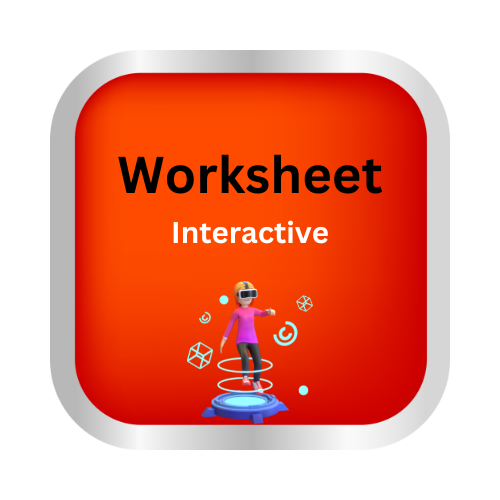Choose the synonym
Key Notes :
| What are Synonyms? |
Synonyms are words that have similar meanings. They allow us to express the same idea in different ways, adding richness and depth to our language. Understanding synonyms is crucial for effective communication, both in writing and speaking.
| Why learn synonyms? |
- Better Writing: Avoid repetition and make your writing more engaging.
- Improved Understanding: Recognize words with similar meanings, enhancing comprehension.
- Clear Communication: Express yourself more accurately.
| Examples of synonym |
- Happy: joyful, cheerful, glad, merry, delighted
- Angry: furious, mad, annoyed, irritated, enraged
- Big: large, huge, enormous, massive, gigantic
- Small: tiny, little, miniature, petite, compact
- Fast: quick, speedy, swift, rapid, brisk
- Slow: sluggish, unhurried, gradual, leisurely, lagging
- Smart: intelligent, clever, bright, brilliant, wise
- Beautiful: attractive, pretty, lovely, stunning, gorgeous
- Strong: powerful, sturdy, tough, robust, solid
- Weak: feeble, frail, delicate, fragile, powerless
| Exercise Question 1: Choose the Synonym |
For each word, choose the best synonym from the options provided.
Instructions: Read each question carefully. Select the word that has the closest meaning to the word in bold.
- Big
a) Small
b) Huge
c) Tiny
d) Little - Happy
a) Sad
b) Joyful
c) Angry
d) Upset - Fast
a) Slow
b) Quick
c) Lazy
d) Tired - Brave
a) Afraid
b) Cowardly
c) Fearless
d) Weak - Quiet
a) Loud
b) Noisy
c) Silent
d) Rowdy
| Answers |
Here are the answers to Exercise Question 1:
- b) Huge
- b) Joyful
- b) Quick
- c) Fearless
- c) Silent
| Tips for Finding Synonyms |
- Use a Thesaurus: A thesaurus is a book or website that lists synonyms and antonyms for words. This is a great tool for expanding your vocabulary.
- Think about the Context: Sometimes, a word can have multiple synonyms, but only one will fit the context of the sentence. Consider the meaning of the sentence when choosing a synonym.
- Read Widely: The more you read, the more you’ll be exposed to new words and their synonyms.
| Conclusion |
Synonyms are a valuable tool for effective communication. By understanding the nuances of different words and practicing their usage, you can enhance your writing and speaking skills and express yourself with greater precision and flair. Remember to consider the context, connotations, and overall impact when selecting the perfect synonym for your needs.
Let’s practice!

